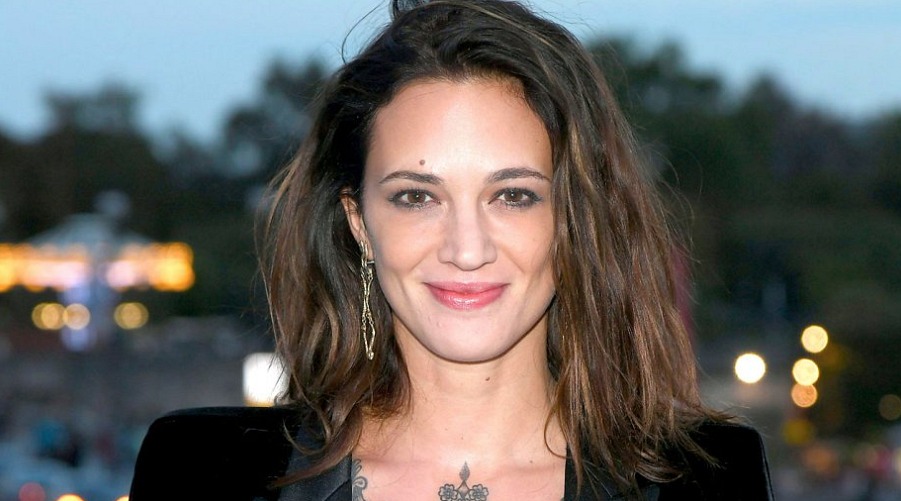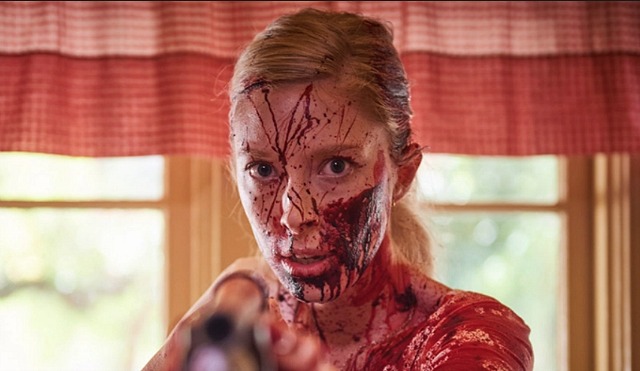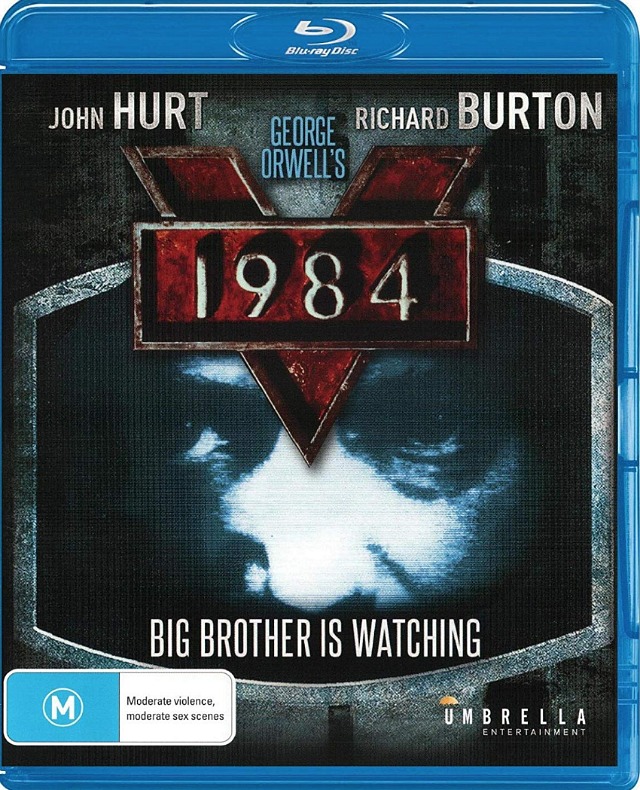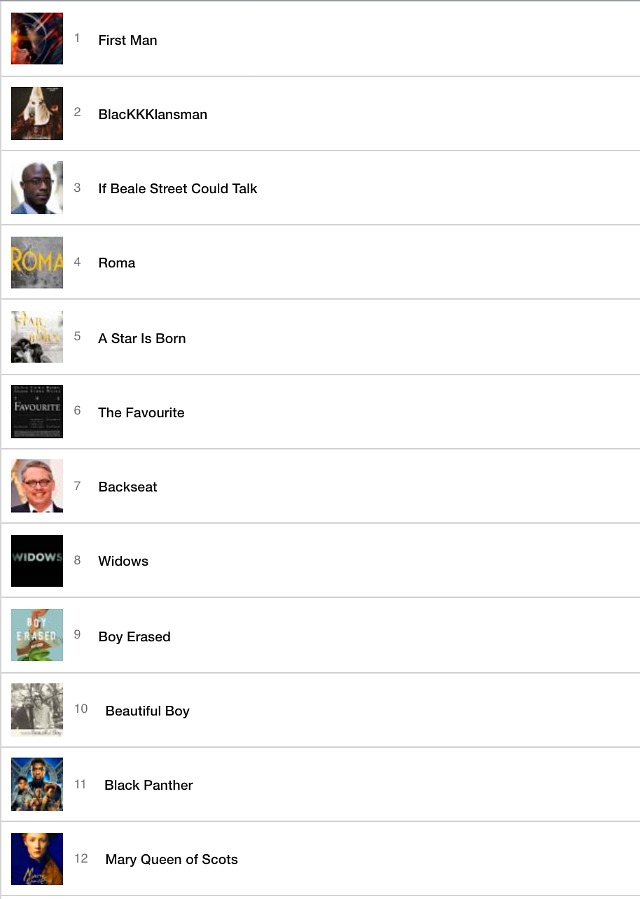David Mackenzie‘s Outlaw King is obviously made in accordance with the traditional realism standards of Mel Gibson‘s Braveheart. Or, if you will, a lot more like Ridley Scott‘s Robin Hood than Otto Bathurst‘s “rancid Hood fantasy,” as I put it several weeks ago.
Daily
Argento and Hypocrisy
An 8.19 N.Y. Times story reports that Asia Argento paid a go-away fee of $380K to former child actor Jimmy Bennett after the latter accused her of sexual assault in 2013, when he’d just turned 17. Argento is being called a hypocrite for having this episode under her belt while strongly promoting a #MeToo agenda vis a vis her assaultive encounters with Harvey Weinstein. But what she went through with Harvey — oppressive sexual intimidation that resulted in something like a form of Hollywood date rape — doesn’t sound remotely analogous to what happened between her and Bennett.
My limited understanding is that Argento manipulated the youth into submitting to oral sex and then rode him like Hopalong Cassidy. As in “come over here, kid.” Okay, maybe Bennett wasn’t into it. Maybe he found getting blown to be traumatic. Maybe on some level what Argento did with Bennett was vaguely akin to Kevin Spacey’s reported assault of Anthony Rapp. I wouldn’t know.

I have to be honest — my first reaction was “manipulated”? Five years ago Bennett was a teen actor trying to land parts. Has anyone ever heard of a male actor of any persuasion who wasn’t randy, particularly one in his hormonal prime? Has there ever been a young actor in the history of the planet whose basic attitude was “gee, I’m not sure if I’m ready for sex”?
Has anyone ever read about what Mickey Rooney was up to in the 1930s, when he was in his mid teens? Were there any half-willing older female actresses whom Rooney ran into that he didn’t have it off with? When he was 24 Rooney reportedly had a longish affair with 14 year-old Liz Taylor. Imagine what the twitter comintern would’ve done with that, etc.
I was 17 once. I got shitty grades in school because I spent half my day dreaming about some older ravenous hottie having her way with me. I started dreaming about older naked women when I was nine or ten. I couldn’t get laid to save my life in my mid teens — I was a teenage incel before anyone knew the term — and it was a very sad and lonely time, let me tell you. I don’t mean to sound callous or indifferent, but my understanding of “assault” does not include notions of some Asia Argento-level woman winking and saying “come over here, Jeffie” when I was 17.
The Color of Money
I want credit for enduring Crazy Rich Asians this afternoon. I paid, I saw, I suffocated. But it took 45 or 50 minutes before the oxygen ran out. Asians actually begins in a reasonably sharp and springy fashion. Peter Chiarelli and Adele Lim‘s clever dialogue, Vanja Cernjul‘s handsome lensing, Myron Kerstein‘s fleet editing, etc. I was saying to myself “hmmm…this has a good vibe.”
It’s a satire of the aggressively shallow values of the highly insecure moneyed classes of southeast Asia, but the satire doesn’t cut very deep because the film shares these values and in fact adores them. Each and every shot is about showcasing obscenely flush, over-the-top flamboyance (clothes, homes, interior designs), and by the one-hour mark the spirit weakens and the nausea kicks in.

Henry Golding, Constance Wu in Crazy Rich Asians.
The story tries to have it both ways by having the fate of the two main characters, Constance Wu‘s Rachel Chu (the actress is 36 and no spring chicken) and Henry Golding‘s Nick Young, turn on matters of soul, substance and parental heritage. But director Jon M. Chu is more in love with grotesque abundance.
As Rachel is driven up the driveway of the mega-mansion owned by Nick’s parents, Brian Tyler‘s swelling score tells the audience that this is a huge, huge moment. It says “oh my God, look at this…Rachel is approaching heaven!” It’s like Jerry Goldsmith‘s score in Star Trek: The Motion Picture when William Shatner‘s Captain Kirk is first approaching the Enterprise and his eyes begin to moisten.
Eventually I began to telepathically beg for mercy. “Please, Jon…can we have a quiet, unfettered scene on a simple beach somewhere or maybe at an inexpensive roadside foodstand?” I whimpered. “Do you have to pour your maple-syrup wealth porn all over everything at every goddamn turn?” Answer: Yes, he does.
By the end I was hating Crazy Rich Asians as much as any of the more recent Fast and Furious sequels.
Costly Dry-Cleaning Bills
I don’t know much about real-life murderers and serial killers, but I’ll bet very few if any were ever splattered with drops of victim blood, and if they were they washed the evidence right off or changed clothes PDQ. Also that aside from Jeffrey Dahmer and Ed Gein and maybe one or two others, no murderer in the history of murder has ever been smeared with the stuff like strawberry jam.
But almost every movie character who commits a close-up killing in a film these days becomes a son or daughter of Leatherface — i.e., painted with red vino. And they never wash it off. A bullshit affectation. New HE rule: the more bloodspots on an actor’s face or clothing, the worse a violent movie is. I recall Dustin Hoffman being a tad blood-spattered in the last act of Straw Dogs, but Anthony Perkins never got a drop on him in Psycho.
The most famous real-life person to not wash blood off or change clothing after a killing? Jackie Kennedy.

Blurt It Out
34 years ago I was working as a non-staff regular for the p.r. department at the Samuel Goldwyn Company, writing press kits and whatnot. One day we all watched Michael Radford‘s Nineteen Eighty-Four, which hadn’t yet found a distributor. (Or so I recall.) The general consensus was that it was a respectable, well-performed thing (by John Hurt and especially Richard Burton), etc. My own view was that alongside THX-1138, which covered similar turf, it was overly dark, slow and funereal. Not much of a pulse.
After the screening we were asked for our impressions, going around the table like in Twelve Angry Men. During the screening I could feel acute frustration from a sales distribution guy, but when his turn came he played it safe and said “good film, great performances, possibly tough sell,” blah blah. When it was my turn I called it “a movie for dead people.” Somebody coughed. Later that afternoon the marketing guy motioned me into his office, gave me a brah poke and said “Thank you, Jeff, for saying that.”
Nobody ever said what they really felt at that fucking company. About anything. More than half of the daily energy went into playing political whisper games. Staffers scheming and plotting against other staffers in order to strengthen their position. It was a wonderful place to work.

Blabbersuit
Tom Cruise: “I want the truth!”
Rudy Giuliani: “Truth isn’t truth, Tom! Seriously. Truth is a thread that you first have to fit into the eye of the needle, and then it gets even more complicated. You don’t wanna know.”
Tom Cruise: “That’s your answer?”
Heard This Before
In the comment thread of yesterday’s “It’s A Little Early But…” post, esteemed Los Angeles Daily News critic Bob Strauss facetiously remarked that it’s “so exciting that all these movies nobody’s seen are gonna win Oscars…snore.”
HE reply: “Mr. Strauss knows exactly what knowledgable, insect-antennae spitballing is about. He knows that, as with every early Best Picture forecast, some will fall out, many will hold and one or two will surge. He knows that five or six films — Roma, The Favourite, Backseat, Green Book, A Star Is Born, First Man — will almost certainly become Best Picture contenders. He KNOWS this, and yet he pretends that it’s all hot-air guesswork and flim flam and gas. What he means is that he doesn’t care for the game, which is totally fine. But I know what’s going on here for the most part. I can spot the bread crumbs, sniff the vapor trails and sense what will probably come down the pike. For I am the Great Carnovsky, complete with robe and wizard hat.”
Grim Resignation
I’ve been putting off seeing John Chu‘s Crazy Rich Asians for the last two or three weeks. Now it’s Sunday and I can’t dodge it any longer. I’ll be seeing it this afternoon. Dentist’s office, root canal, chalk on a blackboard, etc. The opening weekend gross for this all-Asian, Singapore-set comedy is likely to be $25.2M and $34M over five days. It’ll easily top $100M before all is said and done. Quite the historical landmark.
The idea of sitting through a real-estate porn movie filled with scheming family members fills me with dread. I will, of course, report otherwise if it turns out to be tolerable or half-enjoyable or whatever.
From Kate Taylor‘s Globe & Mail review: “Generously you might say Crazy Rich Asians is a satire of Chinese family values and the social strata of the overseas Chinese — as well as a major spoof of the ornate decorative tastes of the moneyed class — but the larger society is missing from the picture. [And] as the obscenities of wealth accumulate while a large cast of Asian and Eurasian actors render their many silly characters, the source of the laughter becomes troubling.
A Little Early But…
Gold Derby‘s Tom O’Neil has asked the usual panel of Oscar experts to spitball their Best Picture predictions. Except he hasn’t created an experts chart so I’ll pass for now. I’ll say four things. One, a couple of films on this list of twelve haven’t a chance. Two, Peter Farrelly‘s Green Book may need to be added — we’ll see. Three, Spike Lee‘s BlackKKlansman is in because Spike’s been slamming hits for 35 years without an Oscar, much less a Best Director nomination, to show for it. And four, it’s probably going to boil down to Roma vs. The Favourite vs. Backseat vs. A Star Is Born. Or something like that.

Ashby Again
Posted on 1.22.18: Earlier today I saw Amy Scott‘s Hal, a smart, comprehensive doc that sent some mixed signals. By which I mean it could or should have been a little tougher than it is. I’m not saying that a director pulling his or her punches is a great crime, but viewers can always sense when they’ve done this.
The story of Hal Ashby‘s Hollywood career — assistant editor in the ’50s, Norman Jewison’s editor in the ’60s, influential director of seven great films in the ’70s, an angry and declining director of mediocre films in the ’80s — is exhilarating, colorful and not, if you’re going to be honest (as Nick Dawson‘s “Being Hal Ashby: Life of a Hollywood Rebel” was and is), altogether tidy or pretty.
My sense of Hal, as much as I enjoyed it, is that every so often it’s a little too gentle.
Scott has covered the chapters in dutiful form, and spoken to a few people who really loved and admired Hal, or at least worship his legacy. Her film moves right along, pushes more than a few emotional buttons, and makes you feel as if you’ve come to know the guy pretty well. I liked it just fine, but a little voice kept whispering that Scott has softballed the extent of Ashby’s cocaine and booze problems during his career-decline period.
Yes, he rarely slept and probably worked harder than anyone, and he had an awful time with the corporate-minded studio heads in the ’80s (particularly with Lorimar). A lot of stress and struggle. I’m not saying Ashby was a total druggie, but no one dies at age 59 unless they’ve been doing something to hasten their decline.
With any kind of half-fair perspective, Ashby’s decade of ’70s glory definitely out-classes and outweighs the tragedy of the ’80s and how the derangement of nose candy enveloped and swallowed the poor guy. But you have to get into that downswirl stuff a little bit.
Scott’s film isn’t hagiography, but my sense is that roughly 90% is a touching, fascinating, no-holds-barred, this-is-who-he-really-was portrait and the other 10% is a little blowjobby here and there.
Made Of Sterner Stuff
I love standing on Manhattan subway platforms when the street temperature is in the mid 90s, which always makes it a little bit hotter down below. Of course I can take it. I eat suffocating atmospheric experiences like this for breakfast. A point of pride.
Pearl Clutchers Screaming Like Donald Sutherland
Facebook avatars lie. Check people’s browsing histories for the truth. Honest admission: At least three or four times per week I watch videos of African grazing animals being chased and eaten alive by wild dogs, hyenas, lions and cheetahs. I don’t know why. Maybe on some level it blows off steam or something.

